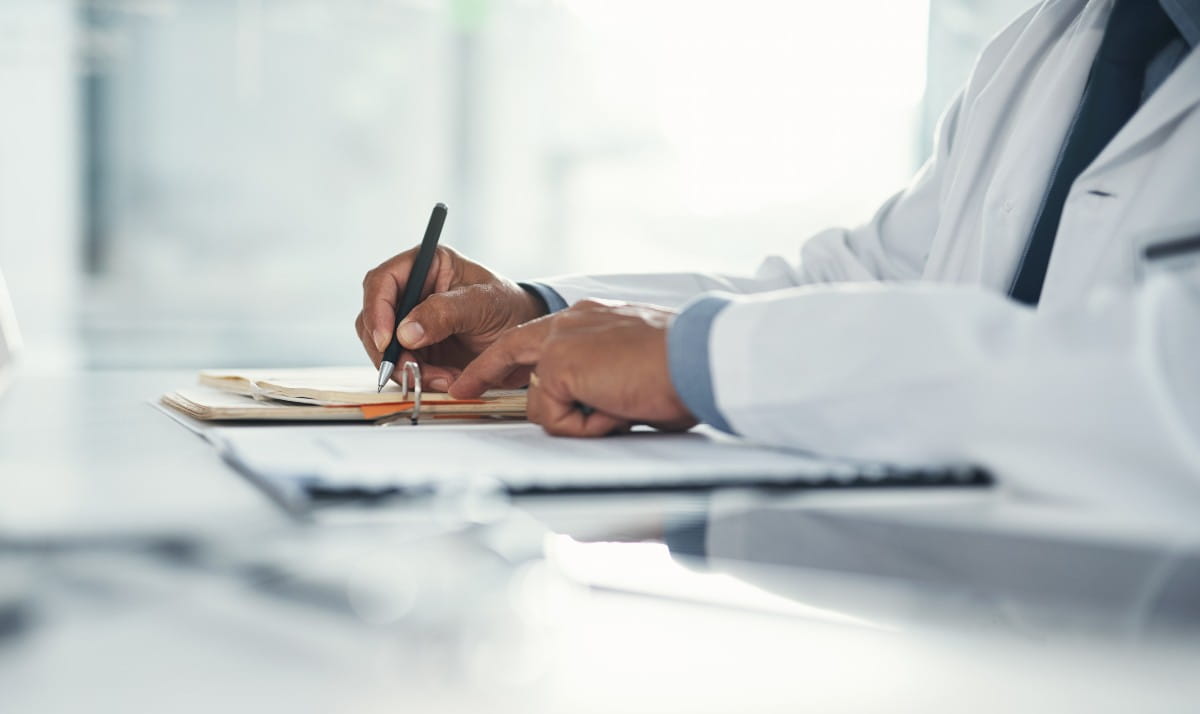Hemorrhoids are a common health condition, affecting 1 in 20 Americans and about half of adults over age 50. From pregnancy to constipation, any increase in pressure in the rectal area can cause hemorrhoids to develop. “The good news is that hemorrhoids are often treatable with lifestyle measures that you can start today for immediate relief,” says Roya Sedghi, M.D., an internal medicine physician with Riverside Internal Medicine Williamsburg.
Hemorrhoids: An annoyance worth investigating.
Hemorrhoids are inflamed blood vessels around the rectum and anus. Anyone can develop hemorrhoids. However, this condition is more likely to occur when pressure is increased in the area of the lower bowels. Risk factors that make hemorrhoids more likely include:
- Pregnancy
- Overweight
- Constipation
- Straining to have a bowel movement
- Lifting heavy objects
- Being older than 50
- Eating a low fiber diet
Don't sweep hemorrhoid symptoms under the rug
Many people suffering from hemorrhoids experience discomfort. Here are some signs that you may be dealing with hemorrhoids:
- Anal discomfort or itching
- Rectal bleeding
- A hard or tender lump near the anus
- Leakage of stool or mucous from the anus
Don't ignore your symptoms or the irritation of hemorrhoids. Treatment is available, and you can start today with simple changes to your diet and lifestyle.
"Constipation and hemorrhoids go hand in hand. An increase in pressure from straining or hard stool can cause inflammation of the blood vessels around the rectum and anus. Treating constipation is essential for preventing hemorrhoids from recurring," says Dr. Sedghi.
Treating your symptoms and when to talk to your doctor
Excessive cleaning, itching or touching your hemorrhoids can make the problem worse and increase discomfort. Most doctors recommend treatment with over-the-counter pain medication, sitting in a warm water bath, and applying topical hemorrhoid cream or ointment.
You can reduce the severity of your hemorrhoids and prevent future problems by adjusting your lifestyle to promote regular, soft bowel movements. "Fluid, high fiber foods and physical activity promote regular bowel movements, reducing the likelihood hemorrhoids will develop," says Dr. Sedghi.
Start by increasing the amount of fiber and water in your diet. Good sources of fiber include fruits, vegetables, whole grains and beans. Most people benefit from around 8-10 glasses of water a day. Finally, get moving with some physical activity. When upright and active, your digestive tract is more likely to keep things moving, reducing the chances of constipation.
If home treatment doesn't provide relief within a week, it's time to talk to your doctor. When hemorrhoids don't respond to home care, your doctor may suggest additional treatment, including office procedures or, in some cases, surgery.
Hemorrhoids are treatable and preventable
While hemorrhoids are common, there are many options for treatment and prevention. If you've been dealing with hemorrhoids and aren't sure what to do next, talk to your doctor, learn your options, and start feeling better today.
Need to find a doctor? Riverside has more than 750 doctors, and you can schedule an appointment with Roya Sedghi, M.D. online or one of our other providers here.



